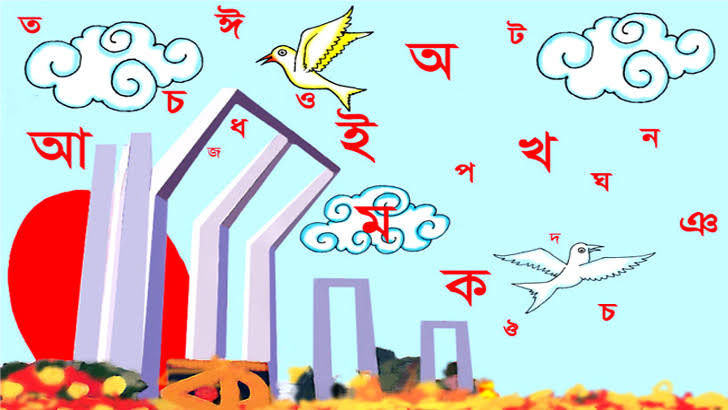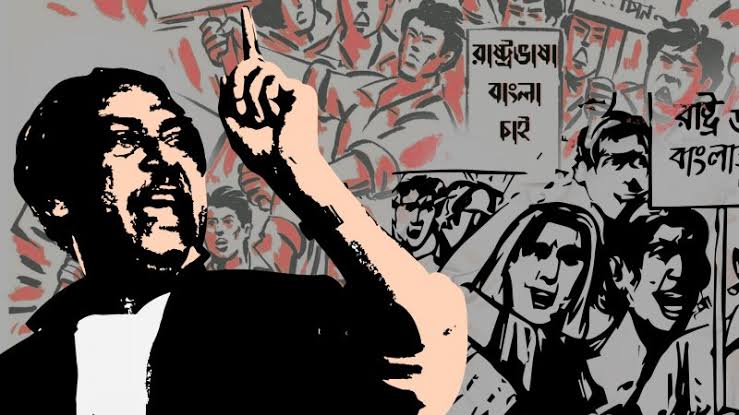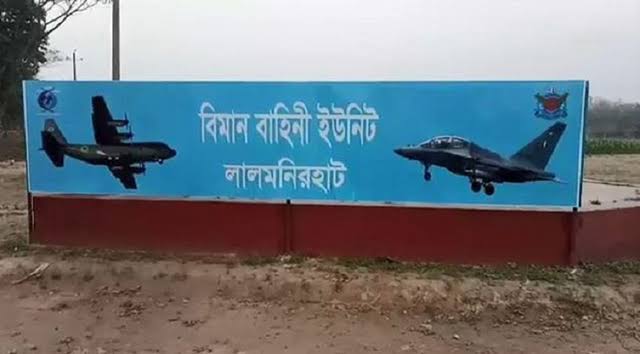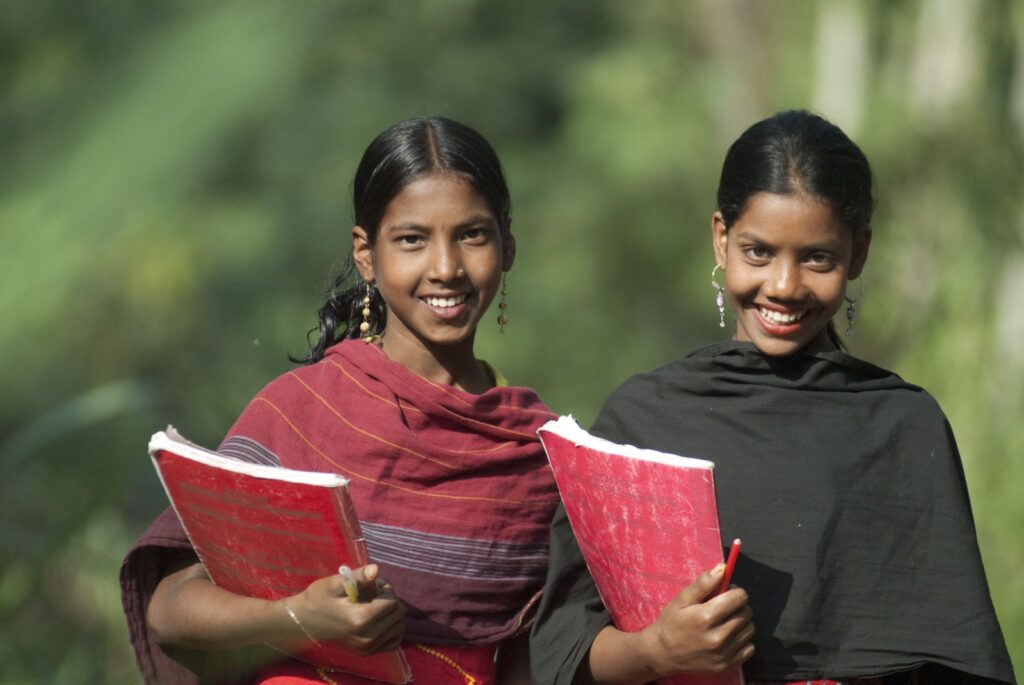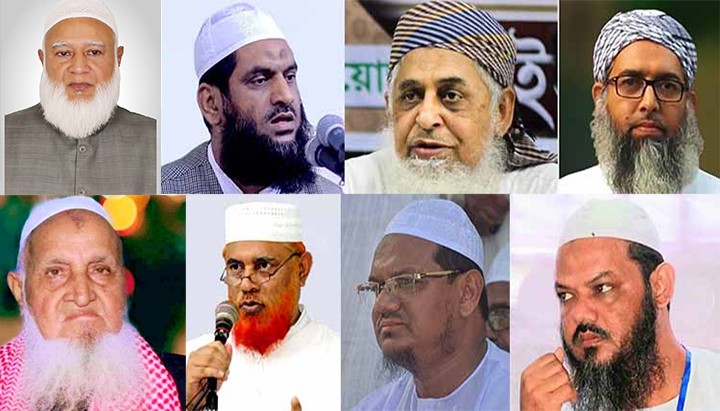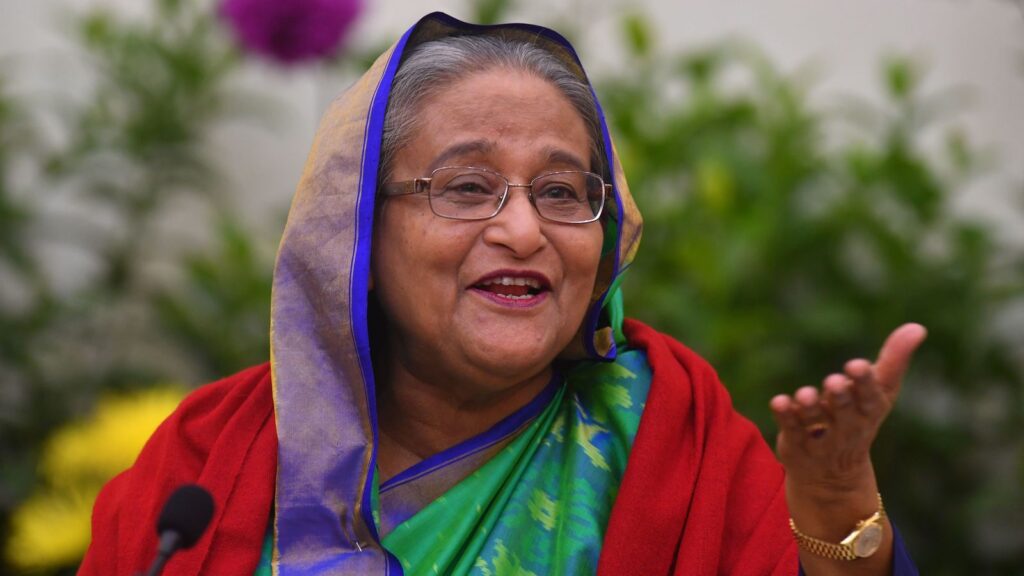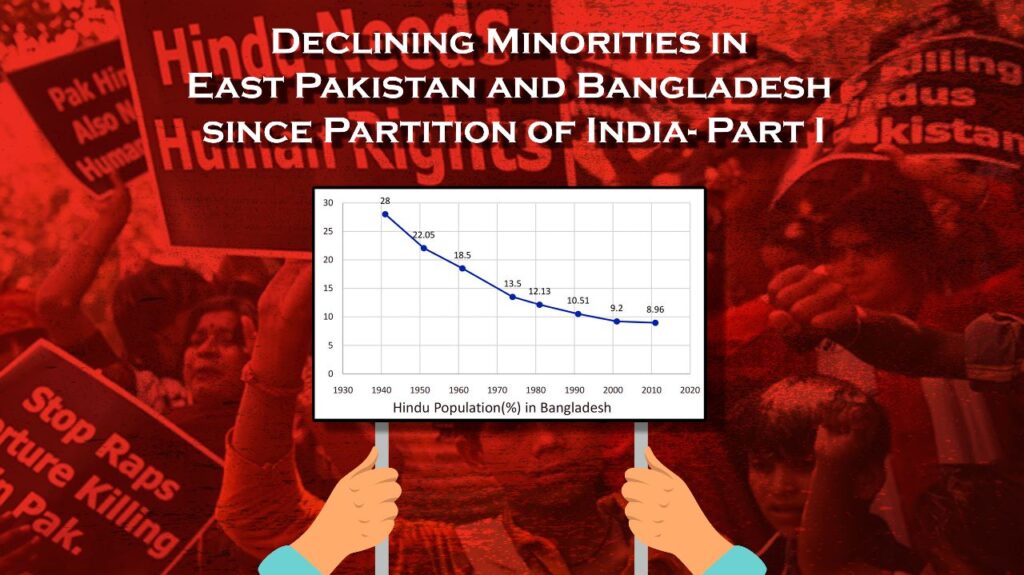Bangladesh in the age of Hydrogen fuel
Drona Bandyopadhyay Hydrogen is the fuel of the future. The 21st century looks forward to utilise this abundantly available chemical element of the Earth. The hydrogen is found everywhere from the Earth to Sun. The hydrogen fuel which is generated through several chemical processes is non-toxic and clean in its essential features. It is also highly environment friendly and sustainable energy resource. The usage of diatomic hydrogen fuel, though highly combustible, is a renewable kind of energy which can be produced from various sources of nature including water, biomass and sunlight. The hydrogen fuel can ensure the decarbonisation through the transition from expensive oil, gas and polluting coal to clean and green energy. The hydrogen is not only a fuel but also an energy carrier. It can be used to store, move and deliver energy from other sources. Not only from renewable sources the but also from fossils the energy can be stored in the form of hydrogen and later it can be used by converting it into fuel. The main sources of hydrogen fuel are water including household water, waste water, recycled water and even sea water and biomass like plants and agricultural products, solid waste, landfill gas and alcohol fuels. Solar energy is another source of hydrogen. 8Bangladesh is the land of water and waterborne. There are innumerable rivers, rivulets, rills, lakes and ponds. It is also primarily an agricultural country with a heavy monsoon and lush greenery. This is why biomass is readily available throughout Bangladesh. There is no of dearth of water and biomass in this deltaic geography of Bangladesh. This country can be an ideal one for producing hydrogen fuel in near future. Within few decades Bangladesh can emerge as a hub of production and export of hydrogen due to its congenial geographical environment. Bangladesh has taken an important step to build its own hydrogen fuel infrastructure as the country has to meet the immense challenges of Climate Change without hampering the elephantine task of achieving economic development in this fiercely competitive world. The hydrogen fuel production and usage will also led to diversification of energy resources in the economy. The Ministry of Science and Technology of the Govt. of Bangladesh is implementing a pilot project through BCSUR( Bangladesh Council of Scientific and Industrial Research).The Chittagong Centre of BCSIR has established a Hydrogen Energy Laboratory and Processing Plant in its premises in 2021. The Ministry of Science and Technology has allocated 54 crore Taka for the realisation of the entire project which also includes a fuel charging station. The project was inaugurated on 20th January 2021 while the decision to establish such kind of a laboratory and production plant in 2017 and the project work started in on October 2018. The catastrophic advent of Covid pandemic had delayed the completion of this cherished project. The Hydrogen Energy Laboratory has been established to initiate research activities on the optimum usage of hydrogen as the fuel of the coming decades. This laboratory will conduct research on it. It will also ensure quality control and provide technological services in the arena of hydrogen fuel in such a manner where it will act as a national level centre of research and reference. This Hydrogen Energy Laboratory is first of its kind in Bangladesh and in future it will be the pivot of Hydrogen related research and development in the country. This laboratory will play a key role in large scale industrial and commercial production of hydrogen gas in future. In the Chittagong campus of BCSIR a Hydrogen fuel production plant has also been established. It will produce hydrogen fuel from two different sources which are biomass and water. As there are provision for producing the particular fuel from two sources, two separate production units have been established. The biomass based production unit will produce hydrogen fuel through the process of gasification while the water based one will produce through the electrolysis of water. The biomass unit will produce 1.5 kgs of hydrogen fuel and the water one will 5.8 kgs in present scale. In coming years the combined production capacity can be increased to 29 kg if both the units work round the clock. The BCSIR authorities will also conduct training workshops for preparing skilled manpower in the emerging hydrogen fuel sector. The hydrogen fuel is also economic in financial terms. To produce 1 kg of hydrogen 9 litres of water are required and it costs 850 taka while 0.87 kg of hydrogen can be produced from 20 kg of biomass and it will cost 900 taka. The fuel value of hydrogen is 120-142 MJ/kg which is three times greater than the traditional fuels like petrol, diesel, LPG ,natural gas and coal and also cleaner than the latter ones. A car can run 100.13 kms using 1 kg of hydrogen fuel and 16 kms using 1litre of petrol . In this sense hydrigen is highly economic mode of energy. Moreover 1kg of hydrogen provides 33.33 Kwh ( Kilowatt-hour) of energy but corresponding amount of petrol or natural gas provides 12Kwh or 14.7 Kwh, rrespectively. The hydrogen fuel is becoming popular all over the world as a cheaper and sustainable form of energy. It is estimated that the total market value of hydrogen fuel will be 600 US dollars by 2050. All the developed countries have made plans to generate maximum fuel from hydrogen by 2030 including Japan and South Korea. UK has set a target to produce 5GW of hydrogen energy by 2030. India and China are also not lagging behind. Both the giant economies are making vast strides in hydrogen sector. The Govt. of India has approved the National Green Hydrogen Mission on 4th January 2023 with an initial outlay of Rs. 19,744 crores though it was launched by Prime Minister Narendra Modi on 15th August 2021 commemorating India’s 75th independence celebrations as a derivative of National Hydrogen Policy framed and notified by the Govt. of India in February 2021 for compliance by all the concerned stakeholders. …



